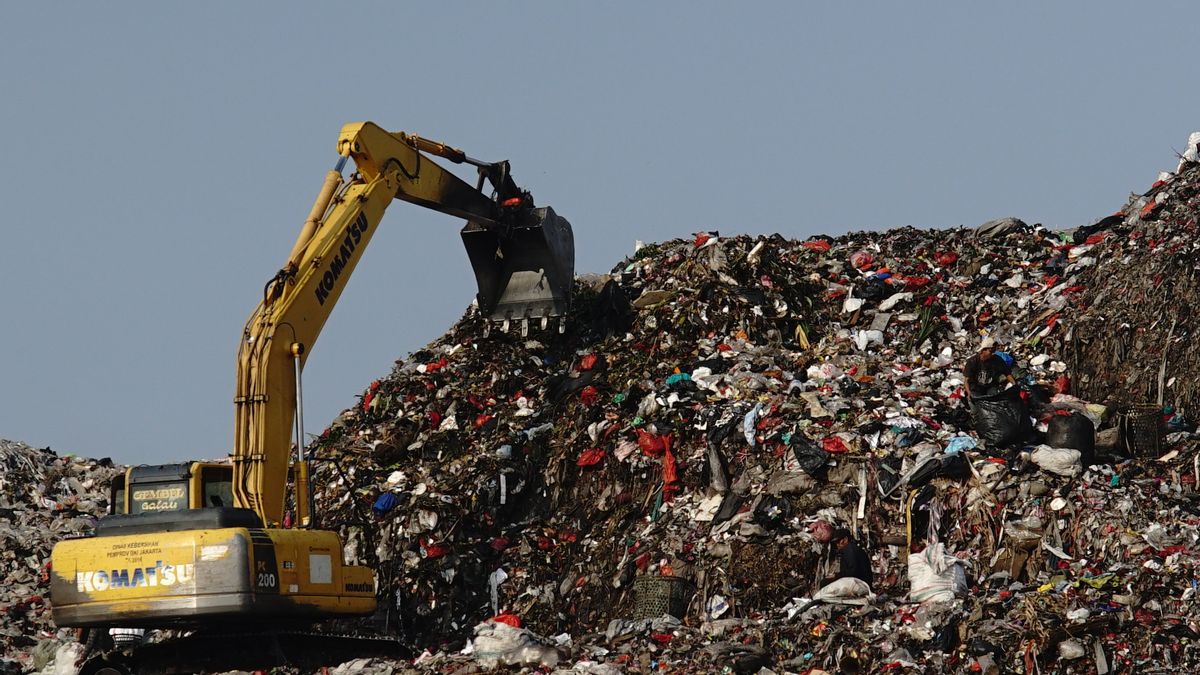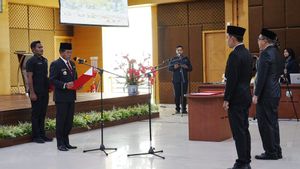JAKARTA - The Coordinating Minister for Maritime Affairs and Investment Luhut Binsar Pandjaitan said the application of a circular economy through waste management could open up more than 120 thousand new jobs.
"The application of circular eco-systems in waste management is expected to create more than 120 thousand new jobs with the recycling industry and 3.3 million supporting informal workers," he said at the launch of the Packaging Recovery Organization / PRO Indonesia, quoted from Antara, Tuesday, August 25.
Luhut said that the current government really cares about plastic waste management. The government has even committed to taking unusual steps and applying a systems approach to combating plastic waste and the pollution it causes.
The government recently launched a refuse derived fuel (RDF) waste processing program in Cilacap, Central Java.
"We want to make 10 more RDFs like that in cities where the waste is below 200 tons per day. Because this garbage causes various kinds of impacts of disease, health and so on," he said.
Luhut said that collaboration between the government, the public and the private sector is needed in an effort to deal with the problem of plastic waste in Indonesia. The government also targets to be able to reduce 70 percent of plastic waste by 2025.
"The government will make anything for us to solve together. It can't be just the government, the private sector is also involved in this. Therefore, I really entrust it to all ladies and gentlemen, who have started this, let us finish together, "he said.
Luhut also reminded regional leaders to be able to support the plastic waste management program by preparing plastic waste collection infrastructure and involving existing waste banks.
He said that throughout Indonesia there were more than 7,000 waste banks that managed to sort, collect and sell large amounts of plastic waste every year.
The support provided by the local government is also considered to help build a circular economy.
"A waste bank needs to be fostered as one of the nodes of a circular economy as well as an effort to empower the community's economy," he said.
The English, Chinese, Japanese, Arabic, and French versions are automatically generated by the AI. So there may still be inaccuracies in translating, please always see Indonesian as our main language. (system supported by DigitalSiber.id)









